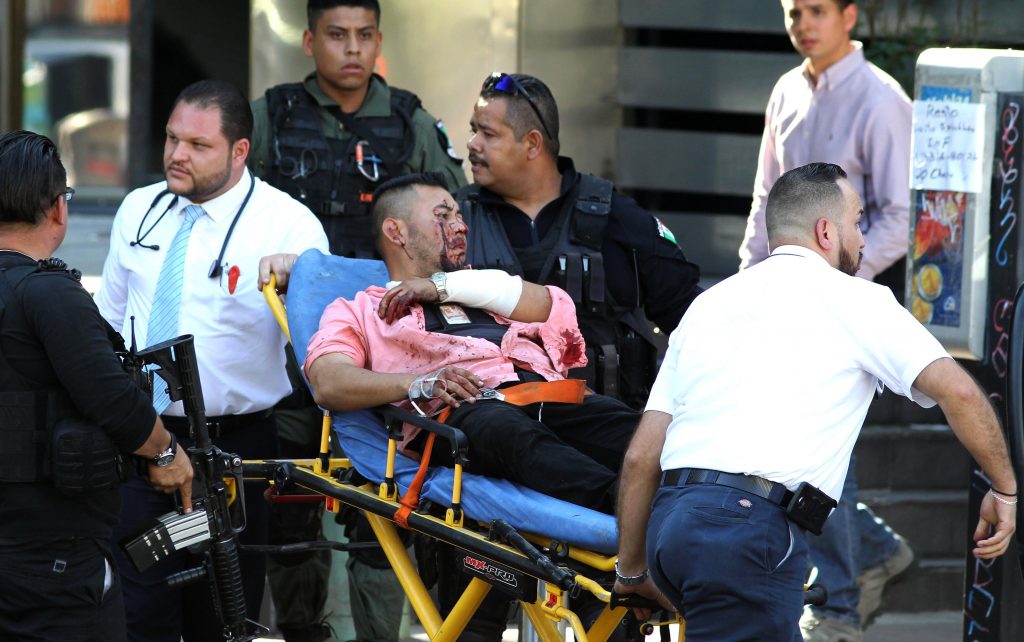At least 89 Mexican politicians have been murdered in the last 200 days, 35 of which were candidates for the midterm elections. There have also been over 700 attacks, according to security consultancy firm Etellekt, including threats, beatings and kidnappings.
The 6 June election is to be significant, with over 2,100 mayoral and city council seats being contested, as well as the Chamber of Deputies, Congress’ lower house.
This will determine the strength of President Andres Manuel Lopez Obrador’s National Regeneration Movement (MORENA) and their allies, who together hold a two-thirds majority. Such a majority is necessary to make constitutional changes.
MORENA will again run alongside the Labor Party in coalition, but now with the Ecologist Green Party of Mexico too, forming Juntos Hacemos Historia (together we make history).
“This is the largest episode of political redistribution in Mexico’s history that is going to be happening during Lopez Obrador’s term,” said Lorena Becerra, who heads public opinion research at Reforma, a Mexico City newspaper.
President Lopez Obrador promised a ‘Fourth Transformation‘ of Mexico when he ran in 2018, raising standards for the poorest, rooting out corruption and healing the wounds of gang violence. However, with 35,000 murders recorded in 2019, a similar murder rate in 2020, and these recent attacks against politicians, gang violence clearly remains a problem to be addressed.
Additionally, the Mexican economy shrank by 8.5% last year, with the country facing the world’s fourth-highest Covid-19 death toll.
President Lopez Obrador remains popular however, with recent Oraculus polling showing him at around 60% approval.
In the first half of his term, the president has raised the minimum wage, created student scholarships and youth training programmes, and expanded benefits for seniors and the disabled.
In a recent conference, President Lopez Obrador addressed the rise in violence, “I want to tell the people that we should not be afraid… [if] there is abstention and the mafia dominates the elections, whether it’s the organised crime, as it is called, or white-collar crime; then the best thing is to vote, nobody should be left without participating.”
International Crisis Group, a think-tank, estimates that 450 criminal groups operate in Mexico.
“These crimes are much more than just a number,” said Lorenzo Cordova Councilor, President of the National Electoral Institute. “These were people that decided to participate in politics using the democratic way … We condemn the violence and the barbarism.”
The reason for such high levels of criminality could be the lack of accountability to which criminals are held. Non-profit organisation Impunidad Cero found only 1.3% of crimes between October 2017 and September 2018 ended with charges being filed.
The violence has focused mostly on local government and mayoral races. “This is a struggle for municipal power,” explains Guillermo Trejo, who studies political violence in Latin America. “[Criminals] have discovered that gaining control over municipal governments and local economies and populations and territories is crucial if they want to survive in the very fierce struggles for drug-trafficking routes.”
Philip English, is a member of the YCL’s Manchester Branch




